As the owner of a large-capacity fishing vessel operating offshore, in recent times, in addition to strictly complying with regulations on combating illegal, unreported and unregulated (IUU) fishing, fisherman Doan Van Hau in Nam Cuong commune has installed a trash net bag behind the boat's hood to collect bottles, food packaging and broken fishing gear during the trip to reduce plastic waste and clean the ocean. Mr. Hau shared: The sea is increasingly polluted, so the output of seafood has also decreased. Many nets are pulled up, with more trash than shrimp and fish. To protect the environment, I and my colleagues on the boat have removed and sorted the trash and brought it back to shore for disposal.
Cleaning up trash at Con Vanh beach
For many years, environmental pollution in the exploitation, farming and trading of aquatic products has become a common concern in coastal areas. In particular, the situation of fishermen not installing garbage bins on their ships but directly dumping waste into the sea, not collecting damaged fishing gear such as nets and ropes during the fishing process... In aquaculture, plastic waste is mainly generated from the construction of farming infrastructure such as: pond liners, cages, rafts, nets, ropes, buoys... Especially for brackish water shrimp farming, the source of plastic waste from liners and packaging is very large.
Converting 2,000 m2 of pond from extensive shrimp farming to high-tech intensive farming has brought high and stable income to Mr. Giang Van Trieu, a member of Tien Dat Aquaculture and Commercial Services Youth Cooperative. From 1 crop per year in extensive shrimp farming, now, with the high-tech shrimp farming model, it is possible to rotate 3-4 crops per year, shrimp can grow normally and be preserved even in winter, as well as in peak hot weather. Mr. Trieu said: My brothers and I still compare shrimp farming to "water farming" because the water environment is very important, deciding success or failure. Therefore, protecting the water environment, not throwing garbage, especially plastic waste into ponds and rivers is extremely necessary and urgent because dumping waste is extremely harmful to the ecosystem, environment and kills livestock due to pollution. However, to protect the environment, aquaculture farmers must be aware and join hands to collect plastic packaging, shrimp and fish carcasses, and leftover food, and not throw them into ponds or lagoons.
With 54 km of coastline, Hung Yen province has advantages to develop the marine economy , including aquaculture and fishing activities. However, these advantages can be affected by waste, causing some marine species such as fish, shrimp, crab and many other seafood to not grow and develop normally, reducing aquatic resources.
To protect the environment, the province has issued an action plan for ocean plastic waste management in the fisheries sector for the period 2021 - 2030. Implementing the movement against plastic waste, recently, the Provincial People's Committee has issued documents and plans to implement the movement "No plastic waste discharge into the sea". Relevant sectors of the province and coastal localities have actively carried out propaganda and training to raise awareness and responsibility for ocean plastic waste management in seafood exploitation activities with appropriate forms; integrating into training courses to disseminate regulations of the Fisheries Law, documents guiding the implementation of the law, regulations on combating IUU fishing for officials and fishermen.
Mr. Hoang Minh Giang, Head of the Department of Sea and Fisheries, said: Implementing the plan of the Provincial People's Committee and the direction of the Department of Agriculture and Environment, in recent times, the Department has strengthened inspection and supervision activities of exploitation and aquaculture, promoted and encouraged fishermen to use environmentally friendly materials in fishing and aquaculture; actively participated in responding to World Environment Day and International Day for Biological Diversity with effective and practical activities. The Department also coordinated with the management boards of fishing ports and fishing wharves to regularly propagate on the loudspeaker systems of the ports and wharves the legal regulations on the field of fisheries; guided and reminded fishing boat owners when entering and leaving the port to carry out the cleaning process on the boat, equip garbage containers on the boat, do not throw plastic bags, fishing gear... into the sea, the anchorage area, inside and around the fish landing area.
Ngan Huyen
Source: https://baohungyen.vn/kiem-soat-giam-thieu-rac-thai-nhua-nganh-thuy-san-3182404.html


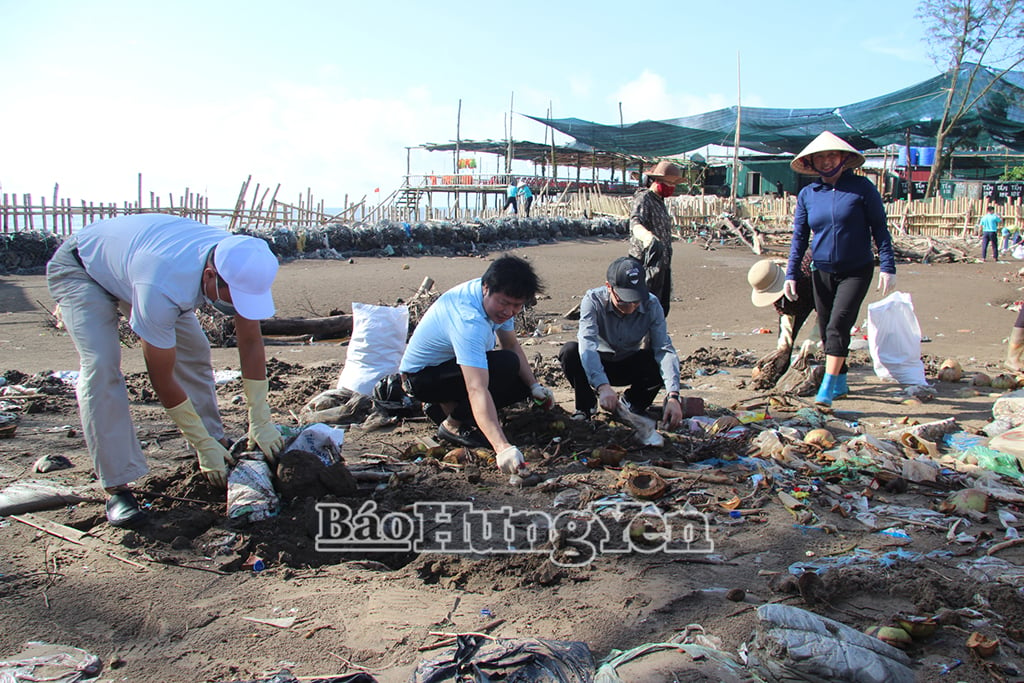

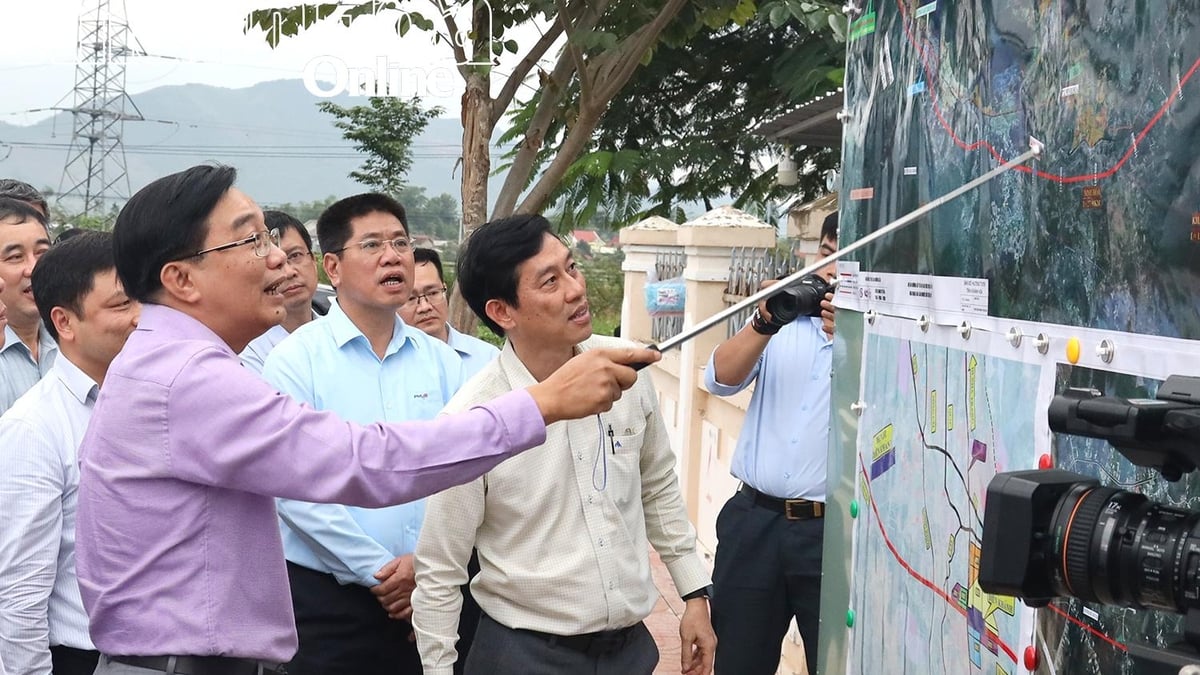
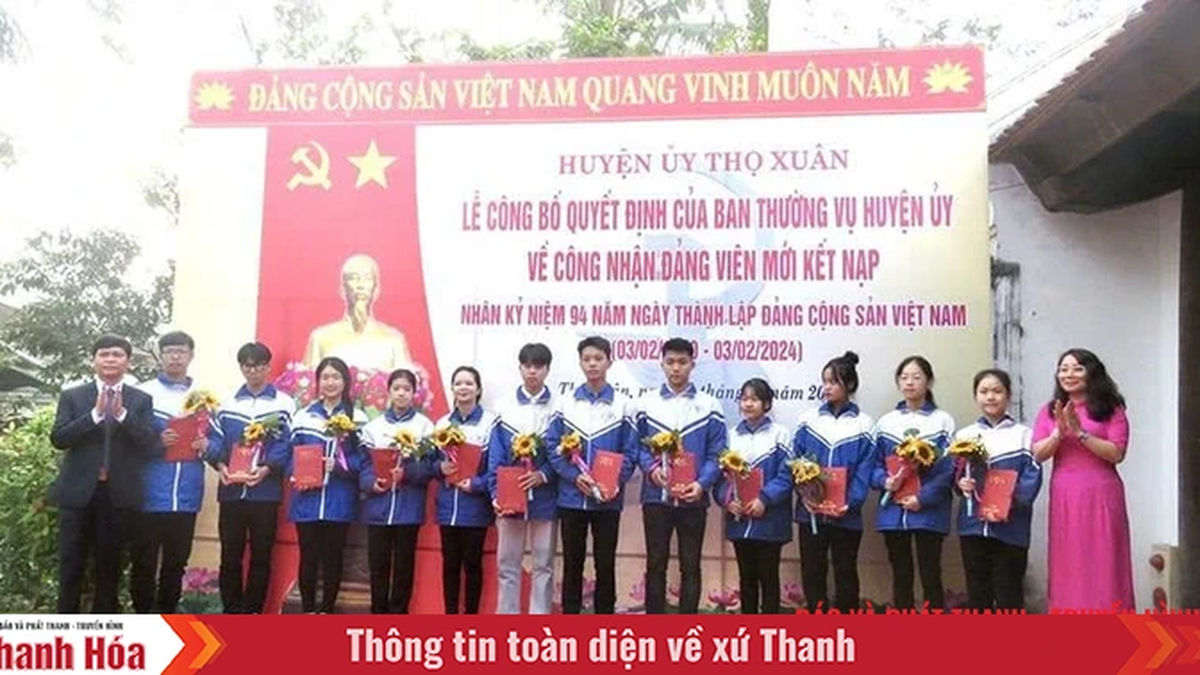

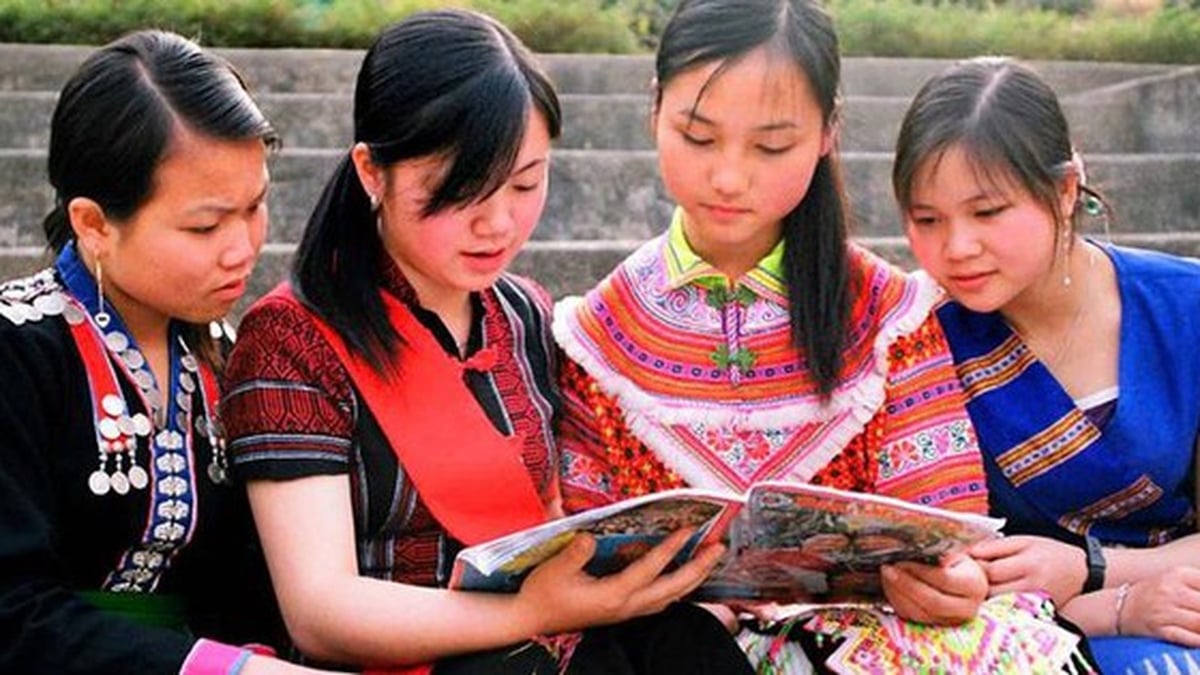
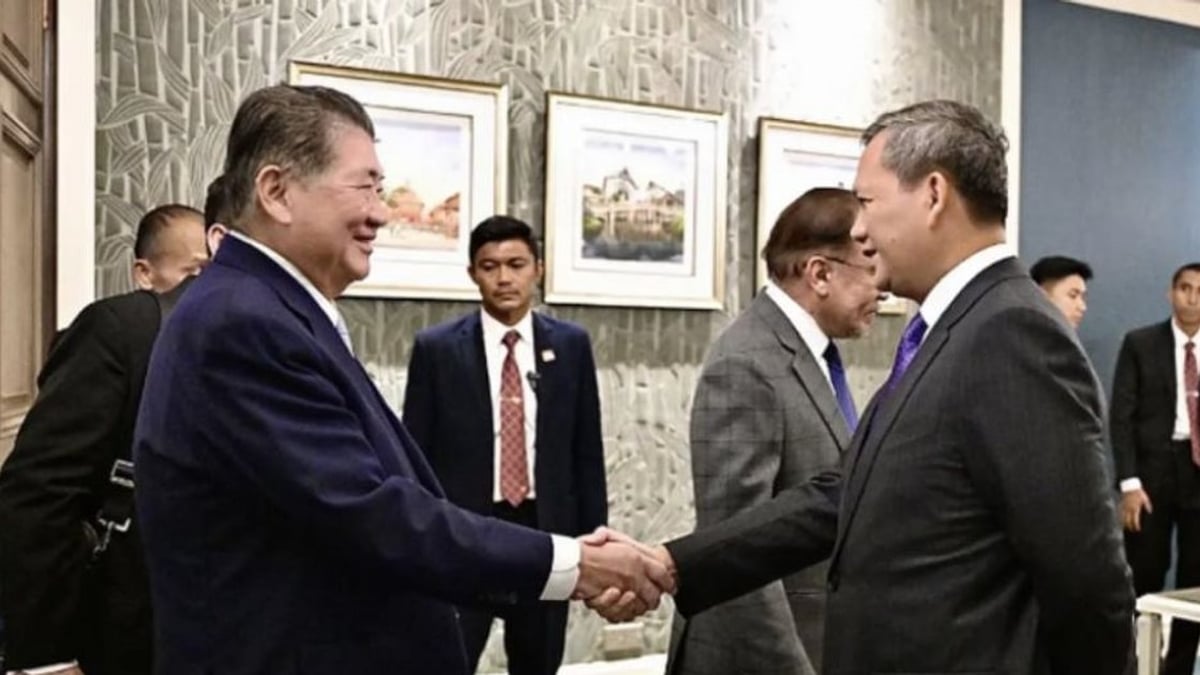

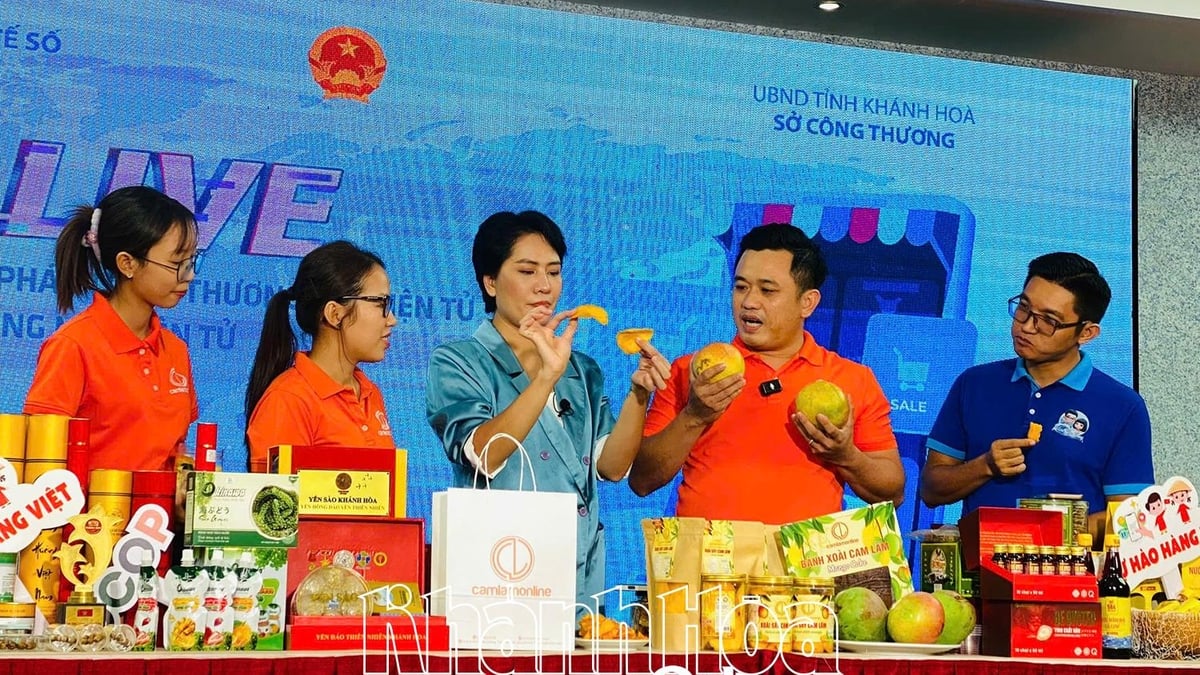




















![[Photo] National Assembly Chairman attends the seminar "Building and operating an international financial center and recommendations for Vietnam"](https://vphoto.vietnam.vn/thumb/1200x675/vietnam/resource/IMAGE/2025/7/28/76393436936e457db31ec84433289f72)






































































Comment (0)